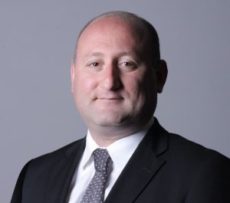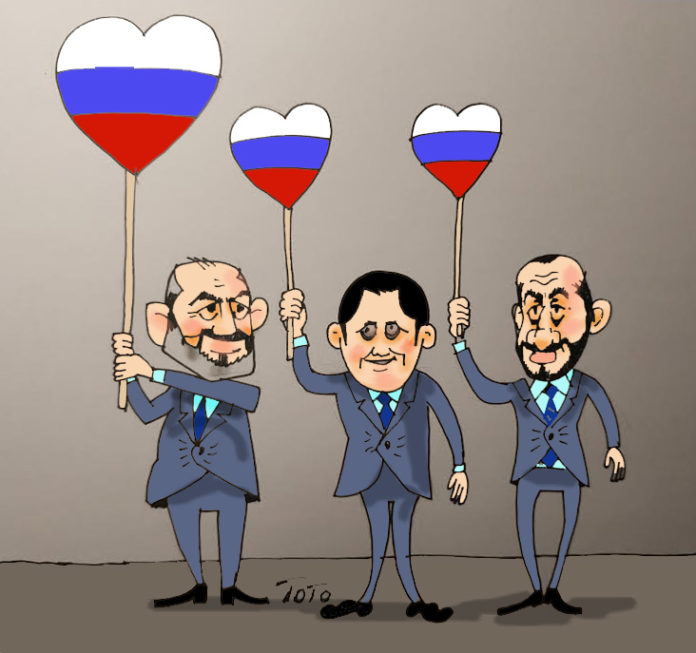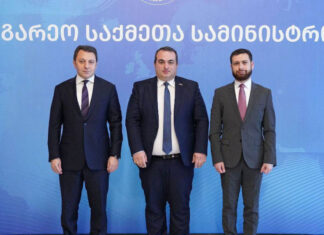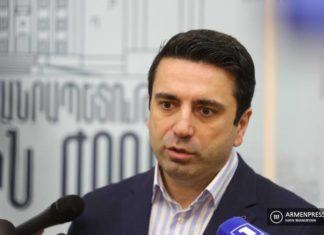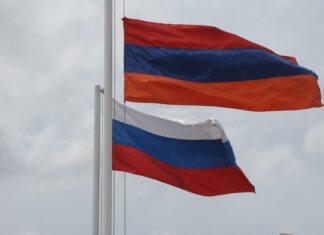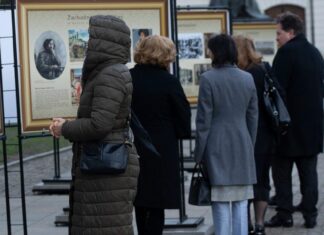One of the major problems plaguing Armenia’s foreign policy establishment has been the stagnation of the country’s diplomacy leading it towards isolation. Certainly, Armenia has no true friends and trusted allies, as proven by the 44-Day War.
The recent flurry of diplomatic initiatives indicate that Armenia is trying to break that circle of isolation; thus Prime Minister Nikol Pashinyan’s visit to Vladivostok to participate in the 7th Eastern Economic Forum, Foreign Minister Ararat Mirzoyan’s consultations with his Russian counterpart Sergei Lavrov in Moscow, and Minister of Defense Suren Papikyan’s visit to the Pentagon have all inspired some hope that the international community is finally indicating that a measure of cooperation is on the way. But it is important to evaluate each initiative to find out whether it is in concert with the overall foreign policy agenda or whether it is in conflict with the others. In fact, is there a confluence among the policies or a conflict?
Pashinyan’s meeting with Russian President Vladimir Putin in Vladivostok and Mirzoyan’s meeting with Lavrov are seen to be of a ceremonial nature wherein the Armenian side glorifies Russian-Armenian relations and overpraises the role of Russian peacekeeping forces in Karabakh, never mind that the force has been ineffective in enforcing a real peace in the region and preventing Azerbaijan’s takeover of land in Armenia and Karabakh, such as, for example, Sev Lij in Armenia and Parukh and Kara-Klukh in Karabakh. Again, as we saw on September 13, Russia did not deter an Azerbaijani full-scale attack on Armenia, but rather claimed credit for reaching a ceasefire, one that sadly is observed at the whim of the Azerbaijani government.
The major peace mission that the Russian peacekeepers have carried out has been to evacuate the Armenian population in Berdzor, Aghavno and Sus, areas in Karabakh which were not even due to be handed to Azerbaijan according to the November 9, 2020 trilateral declaration.
Papikyan’s visit was not on the highest level. Past Armenian defense ministers’ visits to Washington ended with a meeting with their counterparts. Suren Papikyan was received at the Pentagon by US Undersecretary of Defense for Policy Colin Kahl, whereas Secretary of Defense Lloyd Austin remained unreachable.
The agenda of this meeting was composed of “discussing the security situation in Ukraine, the challenges facing the South Caucasus’ peace and stability and ways to strengthen the US-Armenia defense cooperation.” As we can notice, there were no breakthroughs, nor any substantive achievements in the above meeting, about which the Armenian Ministry of Defense has commented that Papikyan and Kahl have agreed to step up bilateral cooperation in peacekeeping operations as well as military education and medicine. Of course, there could not be any talk about supplying Armenia with any military hardware, since Armenia is part of a competing military bloc, the Collective Security Treaty Organization (CSTO), headed by Russia.
